Politifest brings discussions, candidates to San Diego voters
Politifest looked to prepare San Diego citizens for the midterm elections by presenting candidates and issues all in one place.
Huffington Post reporter Elise Foley, immigration attorney Dulce Garcia, UCSD professor Tom Wong and VOSD reporter Maya Srikrishnan discuss life of undocumented immigrants under today’s Trump administration. By Nadia Mishkin.
October 7, 2018
Three leaders of three different cities kicked off Politifest with a panel featuring mayors of Sacramento, San Diego, and Tijuana, Mexico on Oct. 6 at the University of San Diego.
Voice of San Diego Editor-in-Chief and CEO Scott Lewis led the first panel of the day with a discussion among Mayor Kevin Faulconer (San Diego), Mayor Darrell Steinberg (Sacramento) and Juan Manuel Gastelum (Tijuana).
Politifest 2018, a one-day event hosted by non-profit local news organization Voice of San Diego, was planned as an opportunity for voters and others to learn more issues and candidates as the November election approaches.
Lewis asked the city leaders about topics like immigration, homelessness and housing, and the local economies. The mayors agreed that collaborative work between the different cities and regions produces the best results.
Politifest kicks off with a 3-Mayor panel with @Kevin_Faulconer (San Diego), @Mayor_Steinberg (Sacramento) and Juan Manuel Gastelum (@ALCDETI, Tijuana) @SDCityTimes will have coverage of Politifest throughout the day. [JR] pic.twitter.com/XEGJyGxcYH
— City Times Media (@SDCityTimes) October 6, 2018
“We have to increase the economy for our people, create jobs,” said Gastelum. “For every two jobs created in Tijuana, one is created in San Diego.”
Taking care of the homeless was another issue that Lewis presented to the panel.
“Homelessness is the single biggest quality of life challenge we’ve had in California,” Steinberg responded. “How can the wealthiest state allow this to continue and grow?”
San Diego’s mayor expanded on the homeless issue, saying that governments also need to offer more help on the mental health side.
“We’ve talked homeless and housing crisis but what we have is a mental health crisis in this state,” said Faulconer. “We need mental health housing and the wrap-around services that come with it.”
The three leaders set the tone for the rest of the day at Politifest. They showed how a Republican and Democrat mayor, as well as a foreign leader, could all share ideas and work together for the best interest of their citizens.
Panel: Life, undocumented, in the Trump era
The HuffPost joined Voice of San Diego to hold a panel discussion about the life of undocumented immigrants in the Trump era.
San Diego immigration attorney Dulce Garcia, who spoke about her experiences. was well acquainted with the topic not only because of her profession, but also because of the 25 years she spent as she described, “living in the shadows.”
Garcia explained how she came to the U.S. holding her mother’s hand when she was four years old. She talked about growing up in San Diego in poverty and fear. However, she was able to finish her bachelor’s degree and law school before she became a DACA recipient in 2014.
“I’ve had discussions with Trumpsters and they say how expensive my education was and how I should go back to Mexico and make my country great,” said Garcia.
“To me, that makes absolutely no sense when I’m here, I have my business, I’m a property owner, I pay property taxes, I employ. And it just so happens that the people who are working for me are U.S. citizens. So it wouldn’t make sense economically to tell us to go back to our own countries and make them great when this is all we know.”
Garcia shared the microphone with reporters from the HuffPost and Voice of San Diego, as well as UCSD professor Tom Wong. Reporters Maya Srikrishnan (VOSD) and Elise Foley (HuffPost) spoke about reporting on immigration during a time when the president is prioritizing immigration enforcement and regularly making controversial and generalizing statements about immigrants.
Srikrishnan, Foley and Garcia said they all shared a common mission: to share the data and facts about who immigrants are, tell their stories and humanize them.
Panel: SDSU West vs. SoccerCity
The SoccerCity versus SDSU West debate turned into a verbal wrestling match with both sides accusing the other of using misleading information.
Nick Stone, project manager of SoccerCity, argued that voters should look over the details. He said the SDSU West proposal is primarily to build offices and that the city attorney pointed out that its plan wouldn’t fund a river park or even stadium.
Stone also claimed the SC plan would still give SDSU the same opportunities but wouldn’t force students to take on a $150 million debt.
SoccerCity vs SDSU West vs Neither debate is getting heated at today’s #Politifest. 🔥🔥🔥 pic.twitter.com/OHbsOSMBfc
— Voice of San Diego (@voiceofsandiego) October 6, 2018
Jack McGrory fired back from the SDSU West side, claiming SoccerCity wants to build another mall for Mission Valley and that it’s backed by hedge funds who tried to sue, saying SDSU West couldn’t use the term SDSU.
McGrory also pointed out that SoccerCity’s park plan was rejected by the Sierra Club and its 3,000-page proposal contained “escape clauses” that, if the state permitted, won’t require SoccerCity to build a river park. They know there will be required permits, he added.
Laura Fink argued to consider educational opportunities for future generations and that voters should trust SDSU trustees over SoccerCity investors who are looking to profit.
Howard Blackson, the voice for no on both, pointed out that both sides are trying to capitalize on a need to replace the loss of the Chargers. There is no need to rush into any uncertain plans or decide what to do right this second, he said.
“If both plans fail, we’ll still be okay,” he said. “The tyranny of the now is a false narrative.”
Bay Park resident Patti Begley agreed with Blackson, but she said she was already no on both going into the debate.
Andres Perez, a teacher at High Tech High, said he was going to vote for both propositions in hopes that at least one passes. He sees either development as good for the city.
Voters will get to decide Nov. 6 on what to do with, as Stone puts it, “the biggest parking lot west of the Mississippi.”


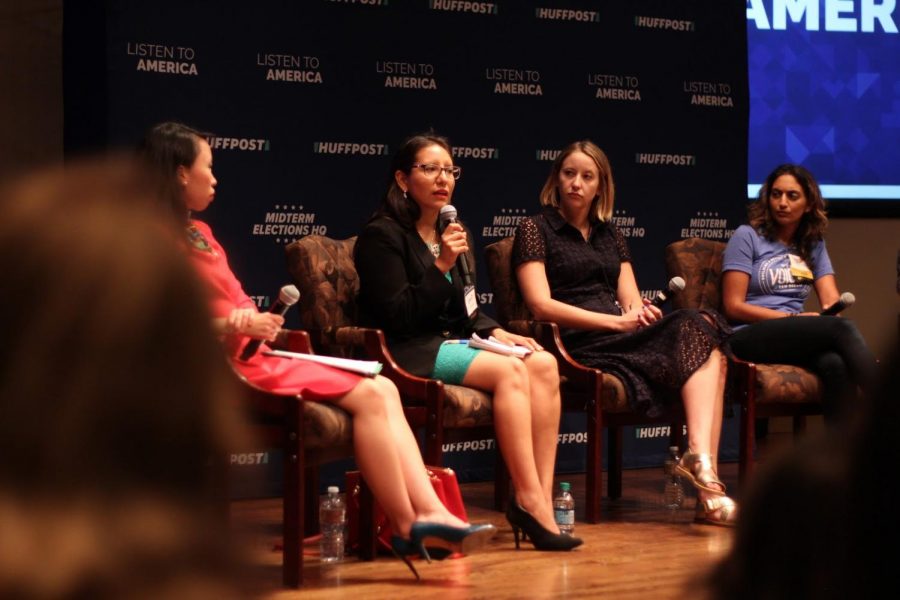
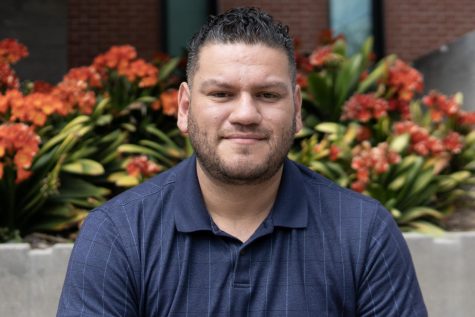
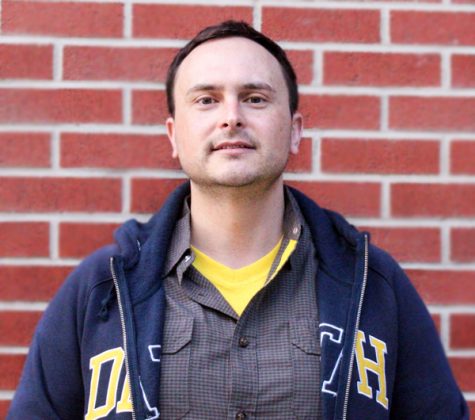
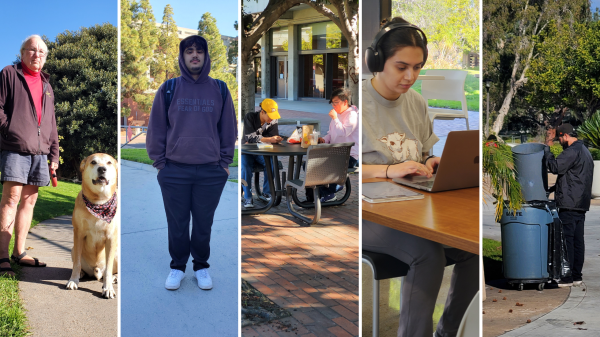
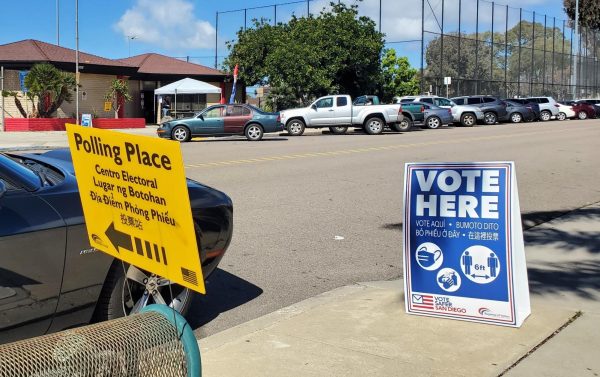
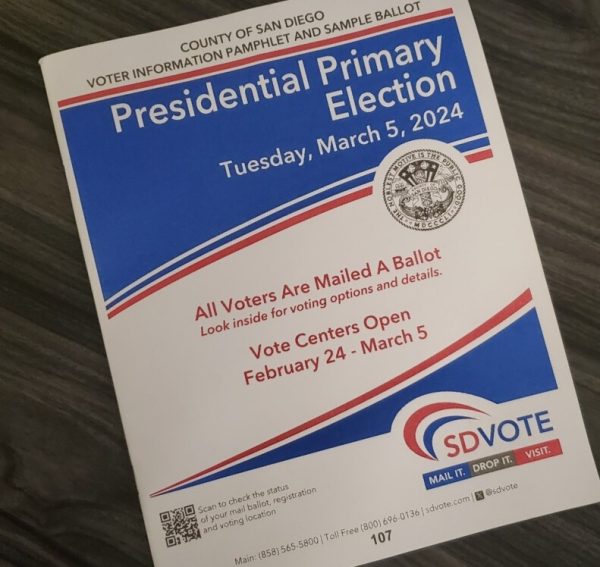
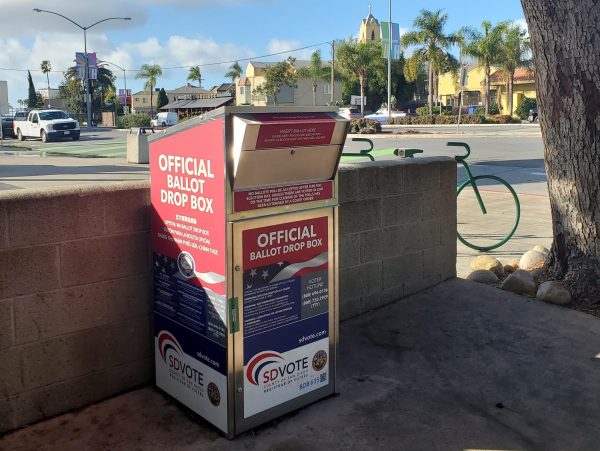
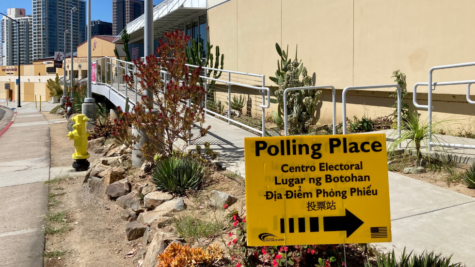

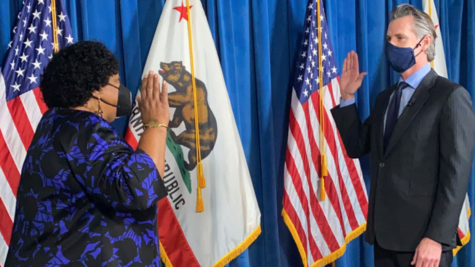
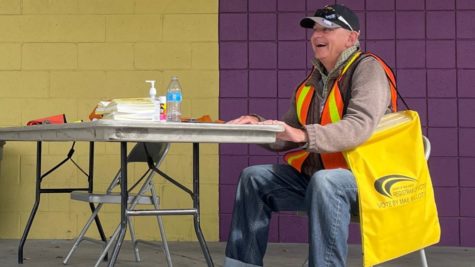
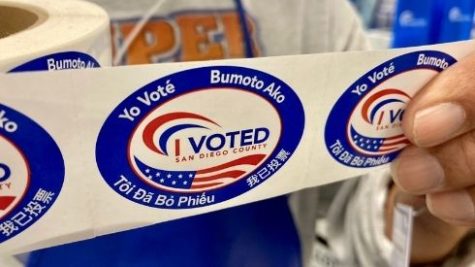
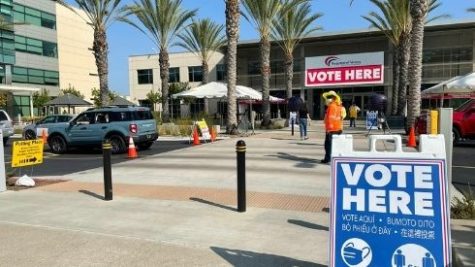

Nicole Vargas • Oct 10, 2018 at 2:55 pm
Hello Al and Marilyn:
Thank you for taking the time to read our article and share your opinion. It’s so valuable for other readers to have insight as to what people think in regards to the issues we are reporting. Feel free to elaborate more and keep the discussion going on all of our articles!
Sincerely,
Nadia Mishkin, News Editor
Marilyn Benefield • Oct 10, 2018 at 10:23 am
I am a member of the Voices of our City Choir, people that are homeless have been homeless addicted drug and alcohol users and anyone who has gone through traumatic events that has left them in a hopeless situation. One Voice much like Mayor Falconer’s One San Diego . Our Choir attended Politifest and sang National Anthem .. I was so very impressed with each of the 3 Mayors with Falconer saying things such as we need to work together with the Tijuana Mayor and Mayor Gastelum saying how we need to get to know one another in our communities and we all breathe the same air and I just love Mayor Steinberg even though he was getting some ribbing from Scott Lewis and Falconer .. plus Steinberg jumped right in and sang with the Choir “We are Family” the man has some moves for sure!!!! Bottom line is I am a native San Diegan born in Logan Heights went to Luther Burbank school Dad was a Tuna Fisherman and Mom worked for Oscars Drive in and was a usherette for Spreckles Theatre.
I live Downtown East Village and have a heart for my community. I will be at the City Council Meeting tonight at the North Park Observatory with my Voice and some solutions that may address homelessness and building strong relationships within the community. I have been hearing over and over in my heart the phrase “It Takes A Village To Raise A Child” with that in mind “It Takes A Village To Strengthen Communities and Citys!!!
Grateful to be a part of a Thriving Fruitful and Productive City full of upcoming youths with a Spirit of Entepreneurship!
Marilyn Benefield
Downtown San Diego
East Village
Al • Oct 8, 2018 at 9:41 am
” There is no need to rush into any uncertain plans or decide what to do right this second” This kind of thinking has done wonders for the city. One runway airport, crumbling stadium and arena, no convention center expansion. But no rush! We can take our times so our great grandkids might live in an updated city.